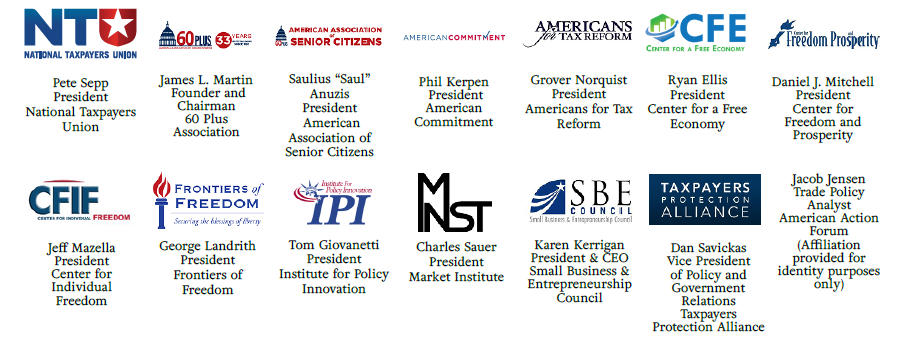| The Honorable Jamieson GreerUnited States Trade Representative600 17th Street NWWashington, DC 20508 | The Honorable Scott BessentUnited States Secretary of the Treasury1500 Pennsylvania Avenue, NWWashington, DC 20220 |
We applaud your recent effort to stop Canada’s imposition of a discriminatory digital services tax (DST) on U.S. firms and your efforts to include restrictions on the imposition of DSTs and other unfair digital policies in recently announced trade agreements—providing a model for future trade negotiations.
Unfortunately, despite those efforts, some of our closest allies and trading partners are following Canada’s lead, seeking to disguise new digital services taxes on American streaming services using another name: “local content investment obligations.”
Enacted in 2023 on President Biden’s watch, Canada’s Online Streaming Act has already entered into force and obliges U.S. companies to subsidize their local competitors if they want to participate in the market. That was a costly mistake that, according to one report, could impose a $7 billion burden on U.S. industry by 2030.
Alarmingly, Australia lawmakers recently introduced similar legislation. If enacted, the proposal would require streaming companies with more than one million subscribers in Australia (most of which are American) to devote either 10% of their Australian expenditures or 7.5% of their local revenues toward subsidizing Australian productions. These are precisely the types of policies that President Trump warned against in his February 21 Memorandum, “Defending American Companies and Innovators From Overseas Extortion and Unfair Fines and Penalties.”
Film and television programming and the streaming services that deliver them are an American trade success story, accounting for a trade surplus with every country in the world, totaling $15.3 billion annually. In practice, Canada’s and Australia’s policies commandeer American streaming revenue for their own domestic content, as opposed to being reinvested in American-produced films and shows and determined by audience demand.
Moreover, these proposals are clear violations of several provisions of our free trade agreements (FTAs) with these trading partners, including non-discrimination of digital products and prohibition on performance requirements.
In contrast to the Biden Administration’s approach in 2023, we urge you to proactively discourage Australia from enacting this harmful proposal.
Persuading Australia to respect the clear intent of our FTA would discourage the implementation of additional copycat measures in other countries, as would your continued efforts to secure reciprocal nondiscriminatory treatment for digital services providers when negotiating new trade agreements or modernizing existing deals such as the U.S.-Mexico-Canada agreement.
Thank you for your consideration of this important matter.
Sincerely,


